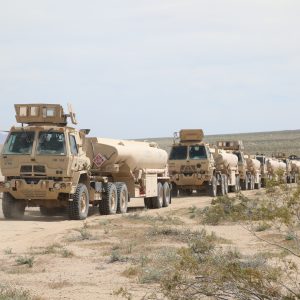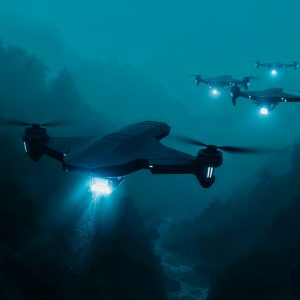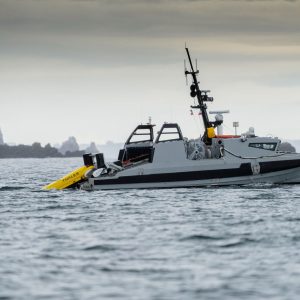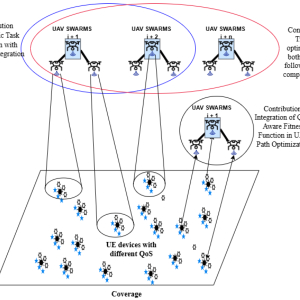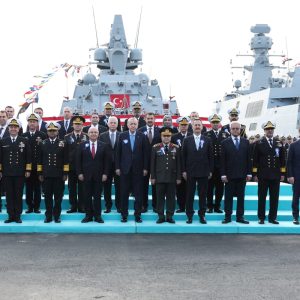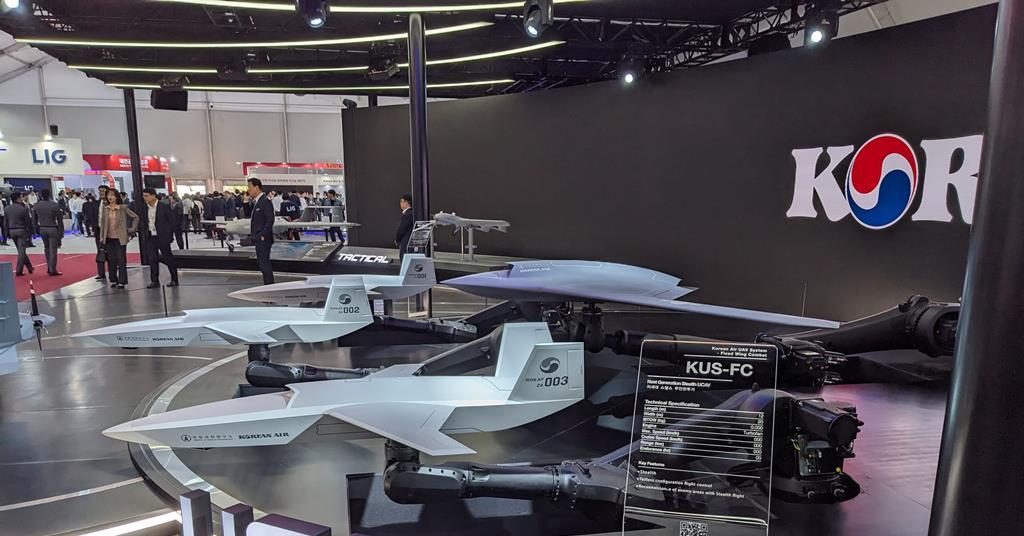
The world of aerospace and defense is undergoing radical transformation. Korean Air, a prominent name in the industry, is pioneering change through its exploration of Korean Advanced UCAV Concepts (Unmanned Combat Air Vehicle) concepts. As the world shifts towards more advanced technology in warfare and surveillance, understanding these groundbreaking concepts becomes essential. This article aims to offer a comprehensive look at the cutting-edge initiatives of Korean Air in the realm of UCAVs.
Evolution of UCAVs in Aerospace and Defense
UCAVs are not a recent phenomenon. Since the early 2000s, defense industries worldwide have recognized the potential of unmanned vehicles in both combat and surveillance. What’s remarkable is how Korean Air is innovating within this space.
- Historical Context: Traditionally, UCAVs were used primarily for surveillance. However, advancements in technology have transformed their utility, enabling them to take on combat roles that were previously limited to manned aircraft.
- The Role of Korean Air: Korean Air stands out by investing in research and development to enhance UCAV capabilities, pushing the envelope on what these machines can achieve.
Korean Air’s Vision for the Future of UCAVs
Understanding Korean Air’s vision requires delving into the specifics of their advanced UCAV concepts:
- High-End Stealth Technology: One of the cornerstones of Korean Air’s UCAV strategy is the development of stealth technology. This allows UCAVs to operate undetected, giving them a significant edge on the battlefield.
- Autonomous Combat Capabilities: Through advanced AI algorithms and machine learning, Korean Air is working on UCAVs that can make split-second decisions in combat scenarios without human intervention.
- Integration with Manned Aircraft: The synergy between manned aircraft and UCAVs is a focal point. Imagine a scenario where a pilot can control an entire fleet of UCAVs, multiplying their battlefield impact.
The Implications of Korean Air’s UCAV Innovations for Global Defense
The innovations brought about by Korean Air are not limited to their company or South Korea. Their advancements have global implications:
- Changing the Face of Modern Warfare: With UCAVs becoming more autonomous and capable, they’re set to change how wars are fought. This reduces the risk to human life and can lead to more strategic warfare.
- Global Collaborations: Korean Air’s endeavors could lead to collaborations with other defense giants globally, amplifying the impact of their innovations.
- Setting Industry Standards: As a frontrunner in UCAV technology, Korean Air is in a prime position to set industry benchmarks that others will aspire to reach.
Economic and Strategic Impact of UCAVs on Korean Air’s Portfolio
The commitment of Korean Air to the UCAV sector is not just about technological supremacy. It holds economic and strategic importance:
- Boosting the Defense Portfolio: By leading in the UCAV space, Korean Air cements its position as a significant player in the global defense market.
- Economic Benefits: The global UCAV market is set to grow exponentially. By capturing a substantial market share, Korean Air can expect significant economic returns.
- National Defense Strategy: UCAVs will play a pivotal role in South Korea’s national defense strategy, allowing the nation to maintain a technological edge in the region.
Challenges and the Road Ahead
While Korean Air’s advancements in UCAVs are commendable, the path forward is not without challenges:
- Ethical Considerations: The use of autonomous UCAVs in combat raises ethical questions about decision-making in warfare.
- Technological Hurdles: Achieving full autonomy while ensuring safety and reliability is a daunting task.
- Global Regulations: As UCAVs become more prevalent, global regulations surrounding their use will tighten, posing potential challenges.
Conclusion
Korean Air’s foray into advanced UCAV concepts signifies a monumental shift in aerospace and defense. As they continue to innovate and lead, the global defense landscape is set to undergo a transformation. Stakeholders, from policymakers to defense enthusiasts, should closely watch the strides Korean Air is making, as they’re not just shaping the future of a company but of global defense strategies.


